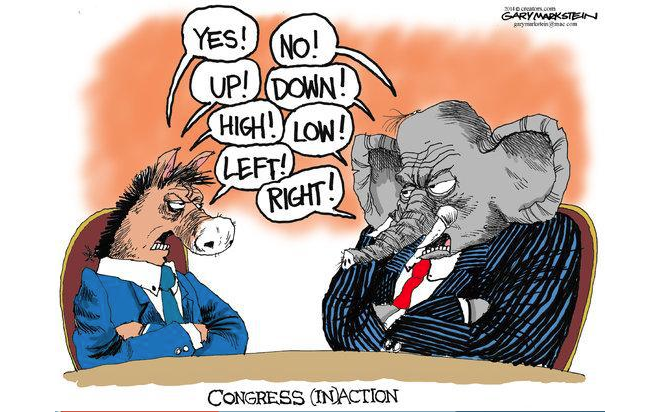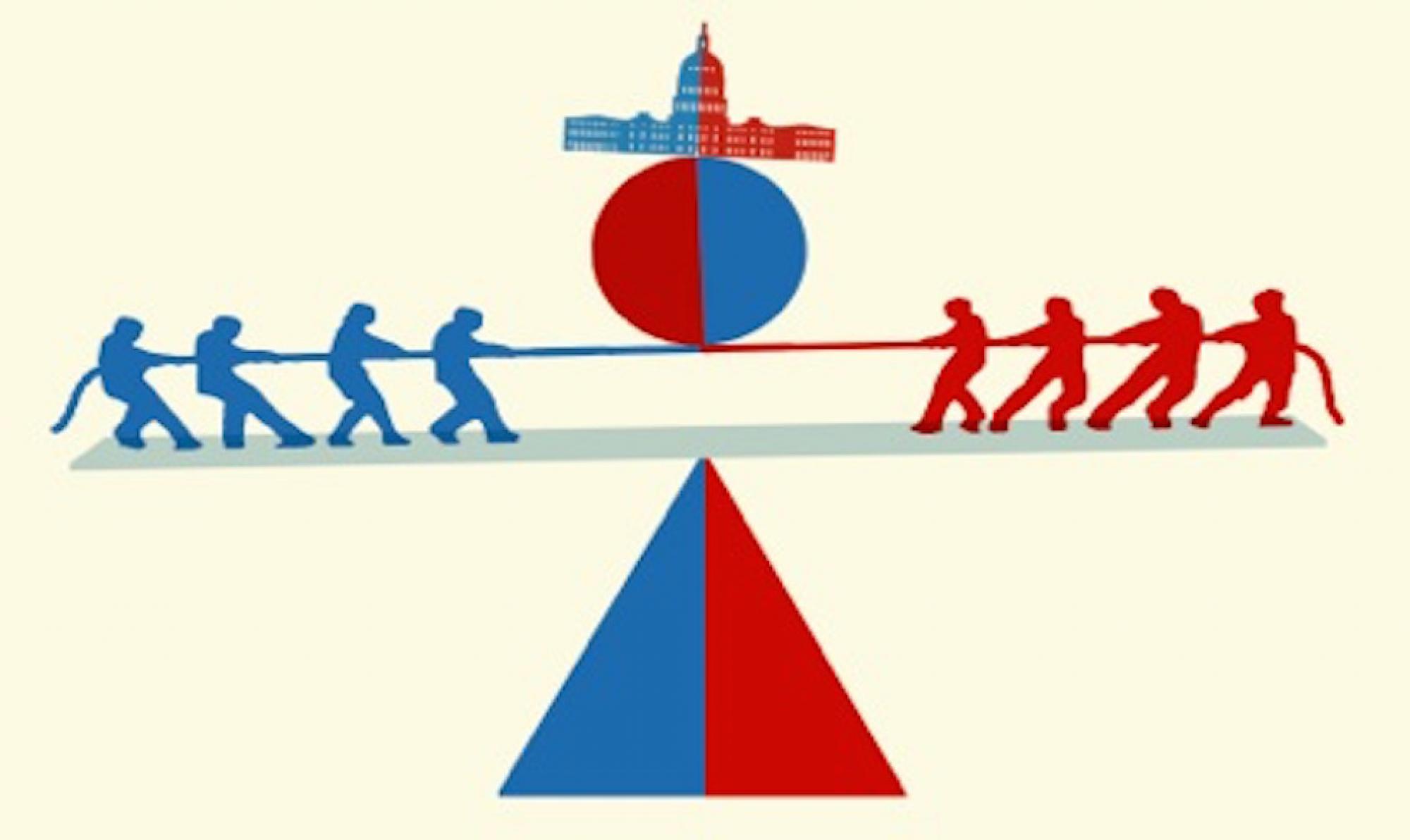

Congress may have the sole power to write new laws, but it does not have a monopoly on making policy. Policy is the set of principles and goals that guide governmental decision-making. The gridlock narrative focuses too narrowly on Congress and the bills it does or doesn’t pass. This places the 115th Congress on par with earlier sessions, which have passed an average of 311 substantive laws since 1989. But an estimated 306 – 69% – were substantive, according to the Pew Research Center, including a $1.5 trillion tax cut and bipartisan measures on criminal justice reform, farm policy, the opioid crisis and sanctions on Russia. A chunk of these laws were mostly symbolic, doing things like designating national days of recognition. That Congress enacted 442 laws, the most in a decade. Ĭonsider the 115th Congress, which convened after President Donald Trump’s election in 2016, the last time the same political party controlled the House, Senate and Oval Office. Yet there is still significant room to maneuver, and Congress gets more done than you think. Congress’ failure rate on key issues – the percentage of issues that are not addressed on its policy agenda through legislation – has more than doubled from 30% to over 60% since World War II.

Under these circumstances, Congress crosses fewer items off its “to do” list. The filibuster, which requires 60 votes to pass bills in the Senate, is now routinely used to block legislation. Party polarization levels are historically high, and slim House and Senate majorities are increasingly common. Today’s political environment is undoubtedly difficult for lawmakers who want to pass legislation. House Television via AP Legislative obstacle course Surprisingly, perhaps, and unfortunately, there is ample evidence that political gridlock does not exist across the board and that its absence is not an unmitigated good for democracy.Tally of the vote on approving the almost $500 billion coronavirus package in the House of Representatives at the U.S.

To suggest that the country is not in a period of gridlock may appear inconsistent with daily observation, experience, and political punditry. As the title of this article indicates, and as the mainstream discussion of Washington often states, it appears that our country is held hostage and, as a result, is experiencing a period of "political gridlock." Therefore, the first question we must pose is whether or not political gridlock exists. The paper closes with a discussion of the types of reforms that are available and that can serve as a check on lobbying abuses. The concept that a countervailing power is needed to reduce the influence of lobbying will also be explained. This article will begin by briefly addressing the concept of gridlock and its effects on government regulation before explaining the troubling practice and law of lobbying. The negative effects of gridlock are manifest through the medium of lobbying, which, as I will develop, is becoming a significant political intermediary directly linking private money with the public laws and regulations that affect our daily lives lobbying is becoming an institutional force of its own and a key contributor to gridlock in Washington. Nevertheless, gridlock has pernicious consequences not only for the democratic process but also for political and economic equality. The political reality, however, is more nuanced, and gridlock is more complicated than commentators often claim-and not to the public benefit. Through these efforts, obstructionist Republicans have attempted a gridlock hat-trick by trying to shut down each of the three branches of government-at least as far as the headlines go. In the recent past, congressional gridlock has threatened to shut down the legislative process by such maneuvers as creating a faux debt crisis and by regularly assailing the president and the executive branch over so-called job-killing regulations. With the refusal to fill the Supreme Court vacancy left by Antonin Scalia, the Senate adds another layer of gridlock in Washington.


 0 kommentar(er)
0 kommentar(er)
